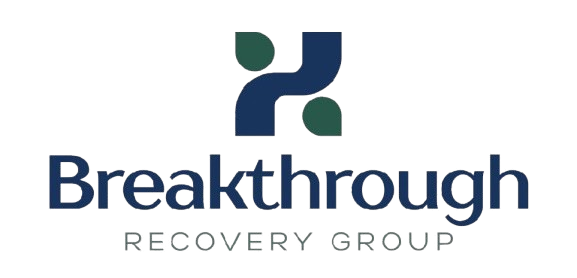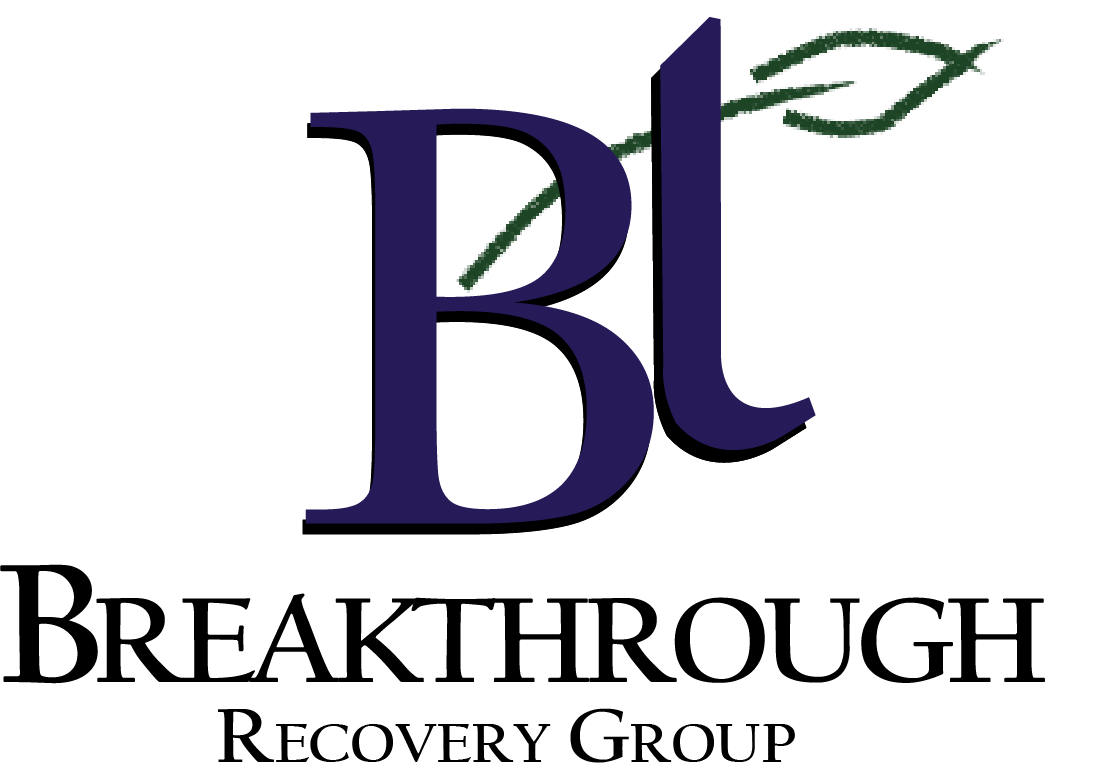
Exploring the Rehab Experience in Spokane
As a dedicated provider of therapeutic services, we at BTRG Spokane understand the complexities that come with seeking help for addiction. Spokane, a city known for its lush landscapes and community spirit, offers a diverse range of rehabilitation services to cater to various needs. Our commitment is to foster healing and personal growth through these services, ensuring individuals receive comprehensive support throughout their recovery journey.
Detoxification Process and Its Role
Detoxification, often the initial step in addiction treatment, plays a crucial role in the recovery process. This stage is about safely removing harmful substances from one’s body under medical supervision, minimizing withdrawal symptoms and setting a solid foundation for further treatment. Our team of experienced therapists understands the challenges involved and works closely with medical professionals to provide comfort and assurance during this critical phase.
In Spokane, detox programs are designed to offer a safe, supportive environment, helping individuals transition smoothly into subsequent phases of their recovery. We emphasize the importance of a well-structured detox program to prevent relapse and encourage sustainable healing.
Residential Treatment Programs in Spokane
Residential treatment programs in Spokane offer individuals comprehensive 24/7 care, providing a structured environment for those with severe addiction issues. These programs typically include a combination of medical care, counseling sessions, and therapeutic activities tailored to each individual’s needs.
At BTRG Spokane, we know the value of creating a nurturing environment where clients can focus entirely on their recovery. Our residential programs are designed to promote self-discovery and resilience, equipping individuals with the skills necessary to rebuild their lives.
Intensive Outpatient Programs (IOPs)
For individuals with less severe addiction problems, Intensive Outpatient Programs (IOPs) offer a flexible approach to treatment, allowing clients to attend therapy sessions while maintaining their daily responsibilities. This program is particularly beneficial for those who have completed a residential program and need continuous support to prevent relapse.
Our IOPs at BTRG Spokane are crafted to promote independence while still providing access to essential therapeutic resources. Clients engage in multiple therapy sessions each week, focusing on developing coping strategies and addressing any lingering issues related to addiction.
Embracing Holistic Approaches
Spokane’s rehabilitation centers are increasingly embracing holistic approaches, recognizing their potential in enhancing traditional treatment methods. Techniques such as yoga, meditation, and art therapy are integrated into rehab programs to address the emotional, mental, and spiritual aspects of recovery.
We at BTRG Spokane advocate for a holistic approach, understanding that healing is not just about overcoming addiction but also about leading a balanced life. By incorporating these methods, we aim to support clients in achieving long-term wellness and self-fulfillment.
Counseling and Therapy Options
Counseling and therapy are pivotal components of any successful rehab program. In Spokane, prospective clients have access to a diverse array of therapy options, including individual, group, and family counseling sessions.
Individual Therapy
In individual sessions, clients work one-on-one with a therapist to explore the root causes of their addiction, set personal goals, and develop coping mechanisms. This personalized attention is vital for those needing tailored support on their path to recovery.
Group Therapy
Group therapy sessions provide clients the opportunity to share experiences and advice with peers, creating a sense of community and shared understanding. These interactions often lead to increased motivation and empathy among participants.
Family Counseling
At BTRG Spokane, we emphasize the role of family in the recovery process, offering counseling that helps repair and strengthen family dynamics affected by addiction. Involving loved ones can significantly enhance support networks, promoting a more positive and enduring recovery outcome.
Aftercare and Long-Term Support
After completing a rehab program, ongoing support is essential for maintaining sobriety and preventing relapse. Aftercare services in Spokane typically include follow-up therapy sessions, support groups, and continued access to counseling resources.
At BTRG Spokane, we ensure that our clients are not only treated but also prepared for the challenges they may face post-treatment. Our long-term support services include creating actionable plans that cater to each client’s unique lifestyle and recovery goals, fostering a sustainable recovery journey.
Addressing Co-Occurring Disorders
Many individuals seeking rehab in Spokane may also struggle with co-occurring mental health disorders. It is crucial to address these simultaneously with addiction treatment to promote effective recovery. Integrated treatment plans that target both issues are vital for comprehensive healing.
At BTRG Spokane, our therapists possess expertise in identifying and treating co-occurring disorders, using evidence-based practices to cater to the intricate needs of our clients. This dual focus enhances the effectiveness of rehabilitation efforts, leading to more positive outcomes.
Community Support and Involvement
The Spokane community plays a significant role in supporting individuals through their recovery journey. Numerous organizations, including ours, collaborate to provide resources and create an environment conducive to healing and growth.
Our commitment at BTRG Spokane extends beyond therapy sessions, as we actively engage with local support groups and community initiatives tailored to empower individuals overcoming addiction. This collective endeavor ensures that everyone seeking rehab in Spokane feels encouraged and supported throughout their recovery process.
Who Should Consider Rehab in Spokane?
Individuals struggling with substance abuse, as well as those with co-occurring mental health disorders, should consider seeking rehab in Spokane. The city’s array of treatment options provides a suitable match for various addiction severities and personal circumstances.
Whether you require intensive residential care or prefer the flexibility of outpatient programs, Spokane offers the resources to support your journey towards recovery. At BTRG Spokane, we are here to guide you every step of the way, ensuring you receive the care and support necessary for a fulfilling recovery journey.

How many days do you get in rehab?
At BTRG Spokane, the duration of a rehab program can vary significantly based on individual needs and the severity of the addiction. Typically, programs can range from 30 days to 90 days, with some cases requiring extended stays beyond this period. The decision on the length of stay is collaboratively made between the client and their treatment team, ensuring it aligns with their personal recovery goals and progress. It’s essential to understand that rehab is not a one-size-fits-all process, and a longer stay may provide more comprehensive care and a better foundation for long-term recovery. Have you considered how the length of a program might affect your treatment outcome?
Why do patients go to rehab?
Individuals seek rehab for a variety of reasons, primarily to gain control over their addiction and work towards a healthier lifestyle. At BTRG Spokane, we understand that addiction can have many underlying causes, such as trauma, mental health disorders, or environmental factors. Rehab offers a structured environment where these issues can be addressed with the support of professional therapists and a compassionate community. Whether someone is encouraged by family or making the decision themselves, the goal is to provide a transformative experience that promotes personal growth and healing. Have you ever thought about what specific aspects of rehab might be the most beneficial for you or a loved one?
What to do during rehab?
During rehab at BTRG Spokane, clients are encouraged to actively engage in a range of therapeutic activities that cater to their individual recovery needs. This could include participating in individual and group therapy sessions, engaging in holistic practices like yoga and meditation, and attending educational workshops that promote understanding of addiction. Staying open to these experiences and committing to the personal work required can significantly enhance the healing process. We also emphasize the importance of building a supportive network with peers and staff, as these relationships can be instrumental in maintaining sobriety post-treatment. Can you think of any activities you’d find most useful during a rehab stay?
What does it mean when someone is in rehab?
Being in rehab signifies that an individual is actively seeking help to overcome addiction within a structured setting. At BTRG Spokane, the journey through rehab involves confronting the physical, emotional, and psychological aspects of addiction. This immersive process allows clients to focus solely on their recovery, free from external distractions or pressures. Rehab is about rebuilding one’s life, setting new goals, and developing skills essential for maintaining long-term sobriety. It’s a commitment to personal change and growth, often marking a pivotal turning point in someone’s life. What do you think the biggest challenges are when transitioning into a rehab program?
How does addressing co-occurring disorders impact recovery?
Addressing co-occurring disorders, which involve simultaneous mental health issues and addiction, is critical to achieving effective recovery outcomes. At BTRG Spokane, our integrated treatment approach focuses on treating both conditions concurrently, as they often influence each other. For example, untreated depression can lead to substance use as a coping mechanism, while ongoing addiction can exacerbate mental health disorders. By tackling both conditions head-on, we help clients achieve more comprehensive and sustainable recovery. This holistic approach also boosts overall well-being, as clients learn strategies to manage their mental health alongside addiction recovery. What impact do you think untreated mental health disorders have on addiction recovery?
Resources
- Substance Abuse and Mental Health Services Administration (SAMHSA) – SAMHSA is a government organization that leads public health efforts to advance the behavioral health of the nation.
- National Alliance on Mental Illness (NAMI) – NAMI is a grassroots mental health organization dedicated to building better lives for those affected by mental illness.
- National Institutes of Health (NIH) – NIH is the primary agency for conducting and supporting medical research and is a valuable resource for health information.
- National Institute on Drug Abuse (NIDA) – NIDA works to advance science on the causes and consequences of drug use and addiction.
- American Psychiatric Association (APA) – APA is the leading professional organization representing psychiatrists in the United States.




